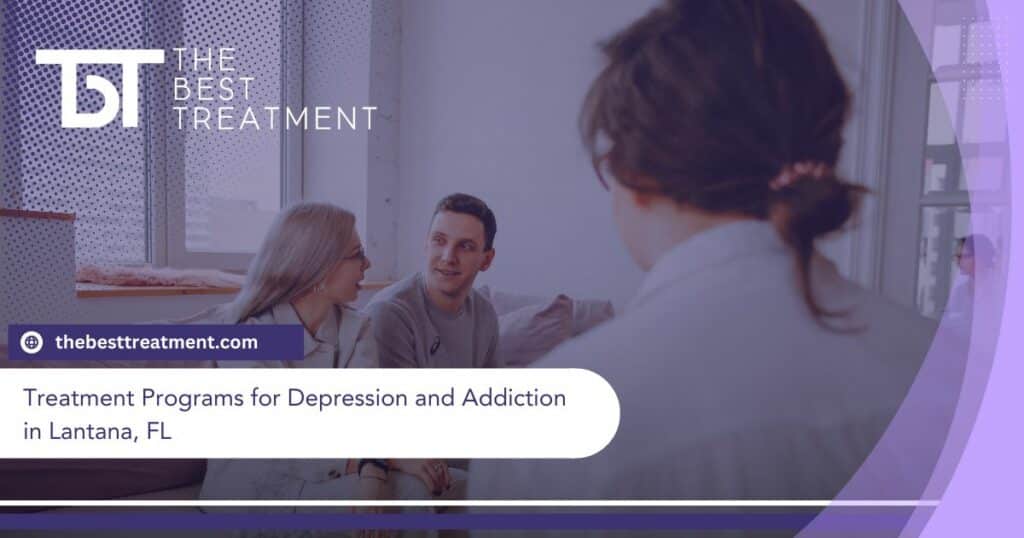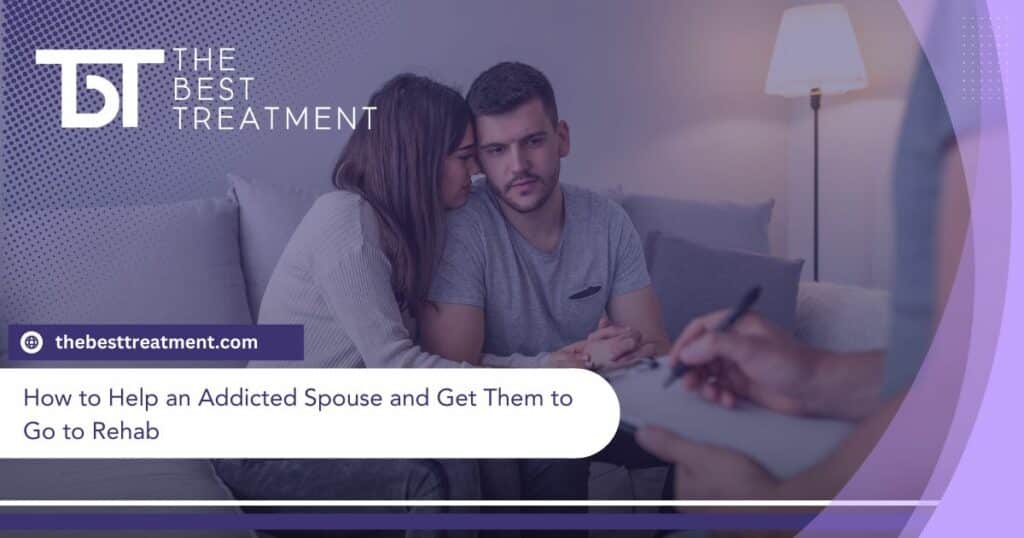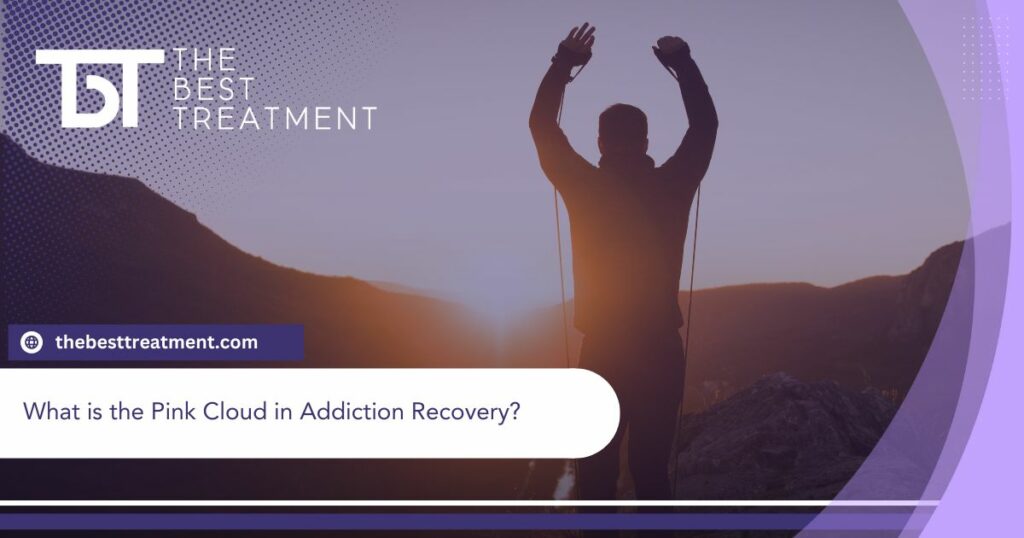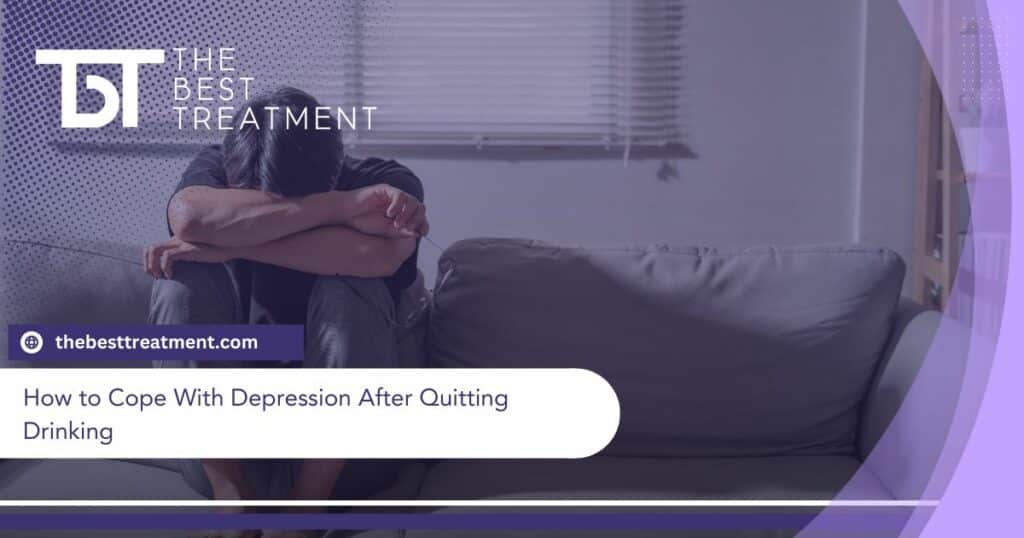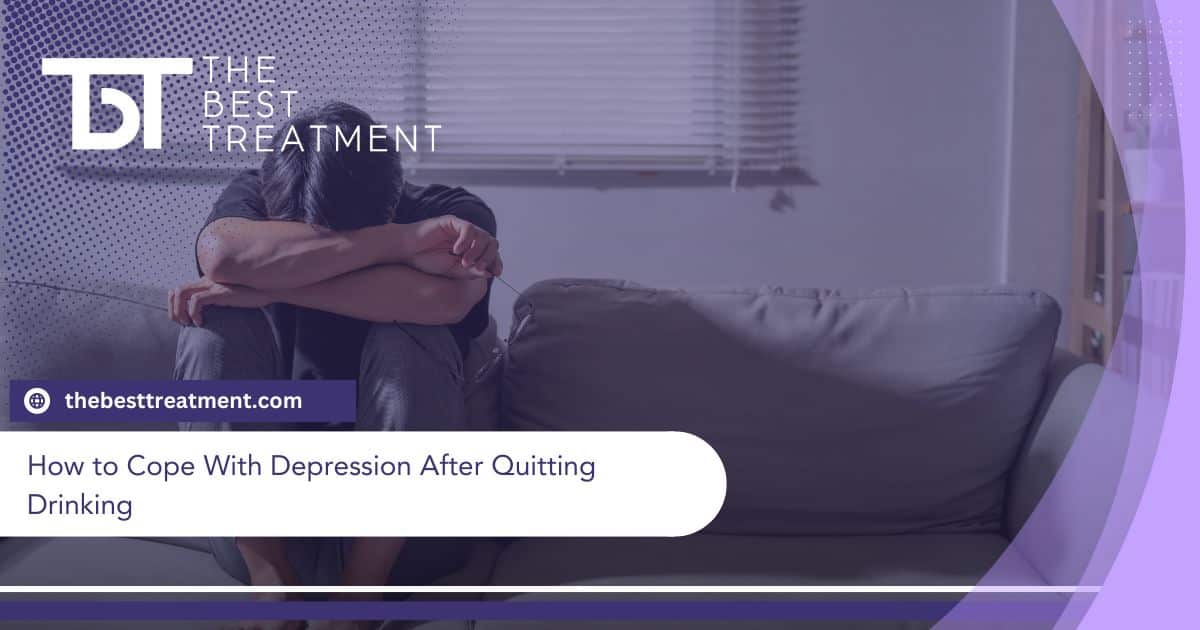Table of Contents
Alcohol abuse and addiction can be destructive to your health and well-being. Heavy drinking can put you at risk of immediate danger from overdose or accidents. Prolonged alcohol abuse can increase your risk of severe health complications, including certain cancers and heart disease.
If you have alcohol use disorder (AUD), quitting drinking is the best way to support your long-term health and safety. However, it can be challenging to stop drinking. Most people need significant support and treatment to manage withdrawal symptoms and achieve lifelong sobriety.
Many people struggle during the detox process. Unexpected, challenging symptoms can take people by surprise. Some people experience significant depression that requires specialized treatment.
This article will explore why some people become depressed after giving up alcohol. You will learn:
- How to recognize depression
- Why people experience depression when they stop drinking
- How to deal with depression after quitting alcohol
- Where to find alcohol addiction treatment
Contact The Best Treatment now to learn more about our comprehensive substance abuse treatment programs or to schedule an intake assessment. Take the first step of your recovery journey by reaching out today.
Recognizing Depression
Many people think of depression as simply feeling sad. However, depression is a serious mental health condition that can affect every aspect of your life.
People experience different symptoms of depression that can change over time. Symptoms of depression include:
- Feelings of emptiness
- Inability to experience happiness or pleasure
- Fatigue
- Low energy
- Feelings of shame or guilt
- Sluggish movements or thinking
- Chronic feelings of sadness
- Loss of interest in hobbies or activities
- Sleep changes–insomnia or sleeping too much
- Changes in memory, focus, and attention
- Thoughts about death
- Suicidal thoughts or behaviors
Experiencing several of these symptoms can indicate someone is living with depression. Depression can prevent people from functioning and may become life-threatening. Seeking support is critical.
Mental health experts believe there is not a single cause of depression. It is a complex mental health condition that can occur for many reasons.
While depression can be disruptive to a person’s functioning, getting treatment can help people with depression feel better.
Why Do Some People Become Depressed After Quitting Drinking?
Drinking alcohol is common and widely accepted in many areas of the United States. However, it is important to remember that alcohol can harm your brain and body in many ways. Heavy or frequent alcohol use can change how your body and brain work and these changes can make quitting very difficult.
When people who are dependent on alcohol suddenly stop drinking alcohol, they may experience a range of side effects, including depression. Here are some of the possible reasons depression is common during alcohol withdrawal.
Life challenges
Alcohol abuse can cause serious social, legal, and financial trouble. People may also drink excessively to avoid facing challenges. During treatment, people often “wake up” to their challenges. This can be overwhelming and may lead to anxiety or depression.
Pre-existing depression
Many people self-medicate depression with alcohol or other substances. Drinking alcohol provides temporary relief from symptoms of depression. When people stop drinking, they may have to feel the full weight of their depression. Without developing healthy coping strategies to deal with depression after quitting drinking, people may struggle to function.
Challenging emotions
Seeking professional treatment for AUD is one of the most life-affirming decisions you can make. However, lifelong recovery can be challenging. You may leave rehab feeling optimistic and then later discover your problems are still there.
Many people also face new challenges in recovery. Some struggle with feelings of loneliness, guilt, shame, or boredom. These challenging emotions can feel like a setback–and they can lead to relapse.
During treatment, you will learn effective coping mechanisms to help you manage the physical and mental health challenges that are common during recovery.
If you find you need more support, reach out to the specialists at The Best Treatment to explore our recovery support programs.
Chemistry
Heavy, prolonged alcohol use changes how your brain makes dopamine. Dopamine is a brain chemical involved in your pleasure and reward systems.
Mental health experts believe that low dopamine levels can cause or contribute to depression. It can take a long time for your brain to regulate its dopamine levels. Finding professional support can help you reduce depression symptoms as you navigate early recovery.
Treating Depression In AUD Recovery
Comprehensive treatment programs address the physical, emotional, and behavioral aspects of addiction. During treatment, you will receive specialized treatment for AUD and depression, including:
- Medically-support detox
- Cognitive behavioral therapy (CBT) and other behavioral therapies
- Mental health treatment
- Support groups
- Individual and family counseling
- Relapse prevention education
- Exercise, nutrition support, art therapy, mindfulness, and other holistic therapies
Completing a holistic treatment program can give you the tools, treatment, and support to help you overcome alcohol addiction, manage your depression, and prevent relapse.
After completing treatment, you must continue to stay active in your recovery. Make an aftercare plan that includes:
- Self-care, such as eating well, sleeping regularly, and staying socially active
- Finding a community of supportive peers and professionals
- Continuing to get mental health and medical treatment
Contact The Best Treatment specialists to learn more about our AUD treatment programs or to schedule an intake assessment. Take the first step of your recovery journey by reaching out today.
References:
- American Psychiatric Association (APA): What Is Depression?
- National Institute on Alcohol Abuse and Alcoholism (NIAAA): Alcohol Use Disorder and Depressive Disorders
- National Institutes of Health (NIH): The Association between Alcohol Dependence and Depression before and after Treatment for Alcohol Dependence
Medically Reviewed: September 25, 2019

All of the information on this page has been reviewed and verified by a certified addiction professional.






